India. Travelling to India was on our minds for awhile. Perhaps since the time we became close, so somewhere during summer of 2002. I remember my surprise when I first learned that Les was born in Madras, his family having decided to relocate to Australia when he was five years old and that neither he nor his parents and siblings returned thereafter.
What would his life have been had he stayed? We weave myriad threads, scribble many drafts but live only one scenario. And, often, even in moments of fulfilment, we can be filled with sadness for not being able to pursue alternatives. This trip seemed like a promise of parallel, if not alternative, stories.
When we started to discuss it, it turned out that the idea of rediscovering India was at the back of Les’s mind. He knew he would make this yatra one day for himself and for his parents. The thought was maturing at its own pace, waiting for the right time and, perhaps, for my enthusiasm and encouragement. We had various professional commitments for many years and this meant not being able to travel often. And so we waited. Finally, in September 2008 we could take a break and go anywhere we wanted for almost as long as we wanted. There were other brief ideas and tempting destinations but none of them meant more to us than India. And so we set off with open minds and certain expectations.
In the preceding months I had read countless books by contemporary Indian authors the likes of Mistry, Kunzru, Dasgupta, Adiga, Roy, Desai, Rushdie, Seth and other fellow travellers. They filled me deep inside with fiction far from any idealistic notions, gave me a sense of place and built anticipation. I wanted to believe that I was emotionally ready. And yet, it turned out that first day in Mumbai, I was wrong. India held an enormous capacity to surprise and contrast. Layering of impressions went on and on for five weeks: from kindness to anger, from being touched to sheer ignorance, from plain admiration of all things visual to repulsion, from enthusiasm to tiredness… Yet I was still grateful to my books for awakening a special kind of sensitivity which made me notice people rather than the nation. In a country so vast and overpopulous like India, it is too easy to be overwhelmed by masses and forget individuals, reduce complexity to a set of clichés and too hastily put things into frames. We were blessed to experience brief encounters with humans who were at the same time courageous & desperate, enduring & frail and always amazingly beautiful. Not surprisingly, human stories from this journey are amongst my favourite images.
It is puzzling how this trip differs from all the others we have ever taken. It did not finish when we boarded the plane to fly back. It buds inside us and something changes slowly. Now, when we relive our photographs once again, we think that one day we may return.
D O R O T A
Journey, procession, pilgrimage. These words broadly, clumsily define a ‘Yatra’. More insightful though is the explanatory use of the word in texts from where Yatra draws its origins:
Whenever a person experiences, by self-realisation, that both the gross and the subtle bodies have nothing to do with the pure self, at that time he sees himself…(Vedas SB 1.3.33).
And so, we journeyed, Dorota and I, to India, the land of my birth and that of two generations before me. A Yatra of sorts, we disengaged our minds from the gross and subtle bodies of a comfortable life built up by my parents in Australia over a period of more than thirty years. We went in search of places, those important, physical places so undeniably formative in my parents and grandparents being, so intertwined with every breath and with every thought of theirs. We were looking for identity, for their pure selves in the faint hope of one day more clearly seeing ourselves.
Will you never perceive what you are, or for what you were born, or for what purpose you are admitted to behold this spectacle? (Epictetus).
My late childhood years and beyond may well have been framed in a suburban Australian context, but India and its myriad complexities, the manifestations of its culture, the very way of life was ever present each day. This was the soul of my upbringing and that of my siblings. This was the soul of my immigrant parents, their brothers and sisters – their generation – as well as that of my grandparents; a soul which was subconsciously tempered, tethered as each year passed in our new home, an increasingly surrendered but inextinguishable soul.
It is not for show that our soul must enact its part; it is at home, within us, where no eyes penetrate but our own. (Michel Montaigne).
Our five week Yatra had a higher, more personal, almost untouchable purpose for ourselves, but we knew that finding the pure self, the soul of previous generations in India would involve all the crudity and imprecision of merely experiencing, observing, smelling, listening, tasting and so on of the daily chaos that is life in India. No doubt, we would accumulate anecdotes as surely as the sun would rise, but we could never be privy to the insights, the footnotes, to two generations – seventy years – of memory amassed by other hearts and minds.
The only physical remains of our pilgrimage would be a series of images captured on camera; stilled images each representing mere fractions of a second but possessive of the ability for bridges to be made across what must surely seem an ocean of time for the two generations before me, images that would rekindle memory, evoke emotions and ensure the calmed, continued journey of familial soul.
May such calm of soul be mine, so as to meet the force of circumstances. (Aeschylus).
L E S

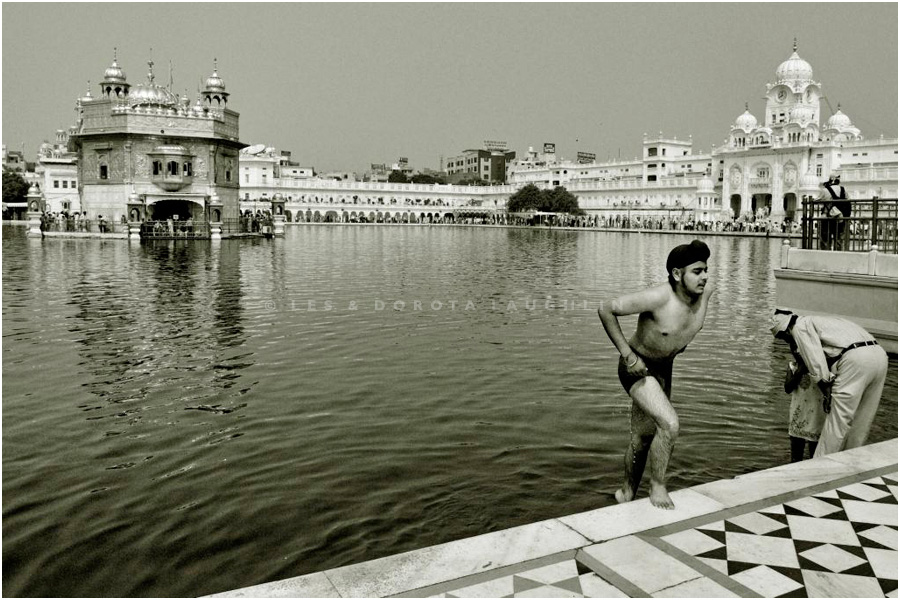
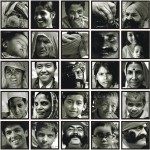
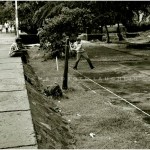

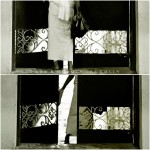
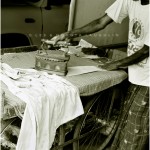
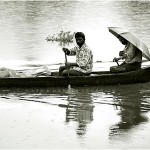
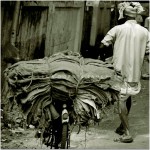
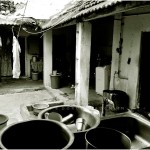
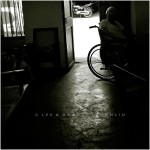
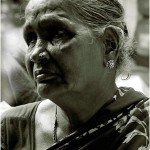
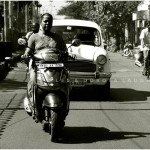
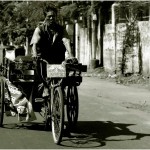
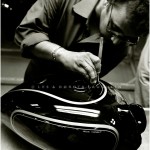
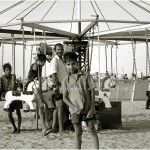

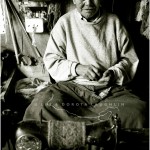
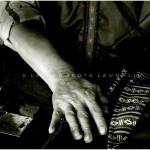
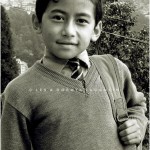
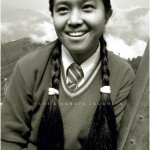
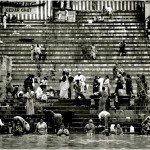
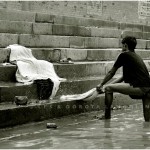
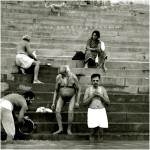
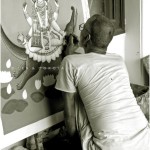
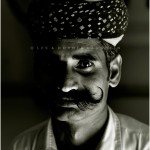
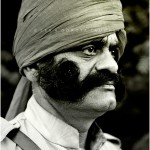
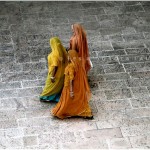
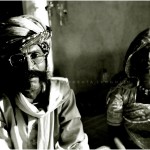
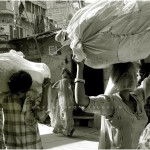
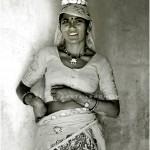
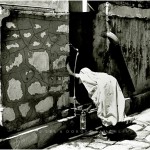
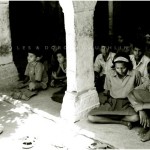
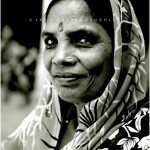
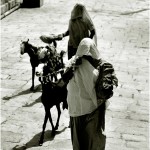
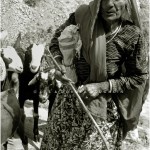

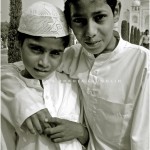
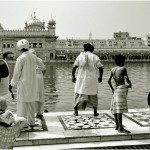
SHOW HIDE 5 comments